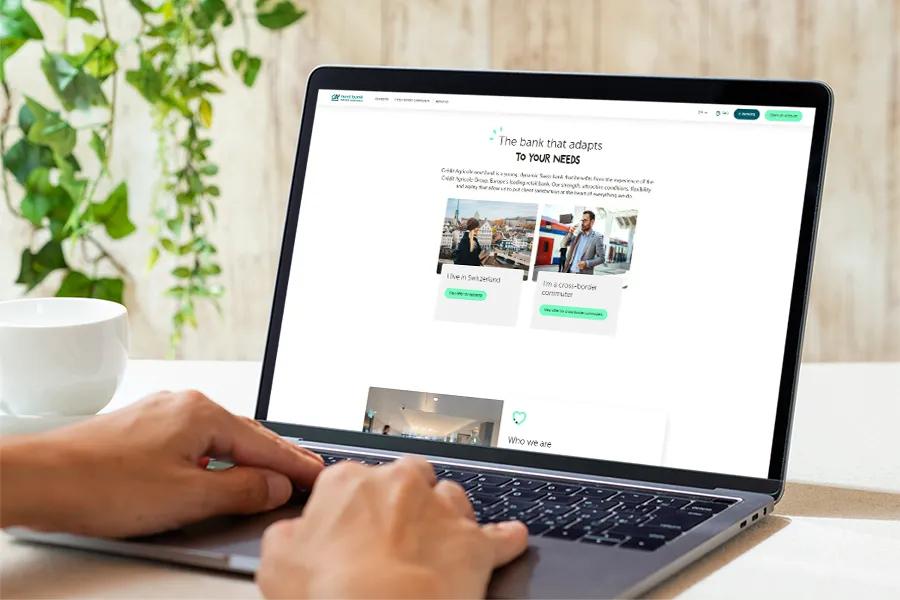
Social Commitment: 1% of our profits to support 8 associations
Published on February 18, 2025
Reading time 5 min.Crédit Agricole next bank continues its CSR (Corporate Social Responsibility) initiative, launched in 2022. True to its commitment to social responsibility, and for the third consecutive year, the bank is once again dedicating 1% of its 2024 profits—equivalent to CHF 120,000—to funding 8 social projects.






